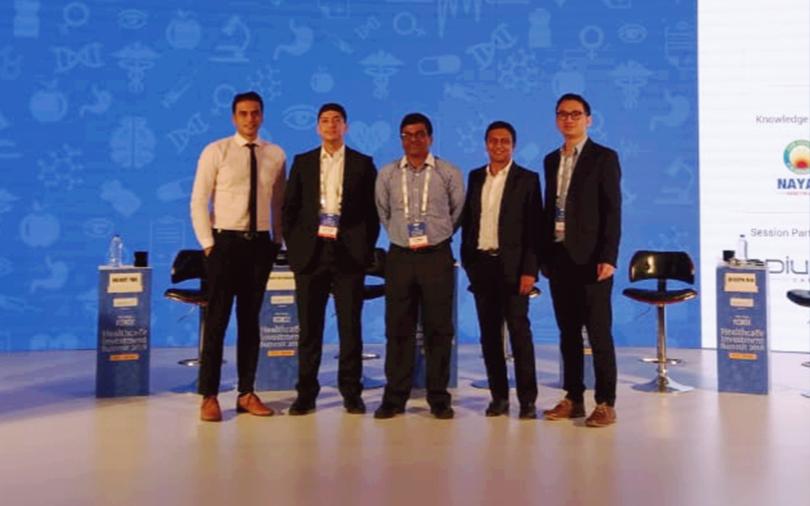The business models of new-age single specialty healthcare businesses are currently at different stages of maturity, with segments such as fertility, dental care, and mother & child care likely to see backward integration, inorganic growth opportunities as well as consolidation before reaching new heights, said panellists at News Corp VCCircle's Healthcare Investment 2018 summit on Tuesday.
The panel which discussed 'Single Specialty Hospitals - when are they going to break out?' comprised Cloudnine Group of Hospitals' co-founder and managing director Rohit MA; Alvarez & Marsal's MD Kaustav Ganguli; Peepul Capital investment director Srini Vudayagiri, and Oasis Centre For Reproductive Medicine's co-founder and MD Kiran Gadela.
The panel discussed the current state of single specialty hospitals, their business models, the interest of private equity and venture capital investors in this space, and exit opportunities and visibility.
Peepul Capital’s Vudayagiri said that Indian single specialty businesses have witnessed different phases of evolution and most companies in the past - even some of the listed players - having struggled to scale up or grow in size.
Alvarez and Marsal’s Ganguli said that dental specialty businesses are yet to establish basic unit economics, while eye-care hospitals have achieved that and investors are exploring if the same can be replicated outside the home market where such units operate.
"Some players in the same space such as eye-care face issues proving unit economics outside of their home market or non-core market," Ganguli said. “On the other hand, IVF is going through an innovation cycle and is at its inflection point. Cancer-related single specialties are still in evolving stage and one would see more shop-in-shop models within multi-specialty hospitals.”
Vudayagiri said that new-age single-specialty hospitals or healthcare businesses offered or generated better returns on investments and have better economic matrices than multi-specialty healthcare businesses.
"Single specialties have better return generating capacity that can even beat benchmark returns expected by Indian PE and VC investors," Vudayagiri said, highlighting the increased investments in single-specialty hospitals as well as Peepul’s portfolio firms.
The next step
Rohit MA said that Cloudnine plans to add four units every year in the core market areas in which it operates - north, west and south India.
"Consolidation is one way to grow for single specialties. While deviation to other specialties will dilute their learning and growth, the company looks to go deeper in existing markets by also looking at inorganic growth opportunities or backward integration by joining hands with fertility or IVF specialty hospitals," Rohit MA said, adding that his company will also look to leverage all the investments in technology.
Oasis’ Gadela also advocated growing via the greenfield approach, opening new centres as well as tapping inorganic growth opportunities by acquiring units or opening centres in newer geographies.
"Quality is of utmost importance when we grow our business," Gadela said.







